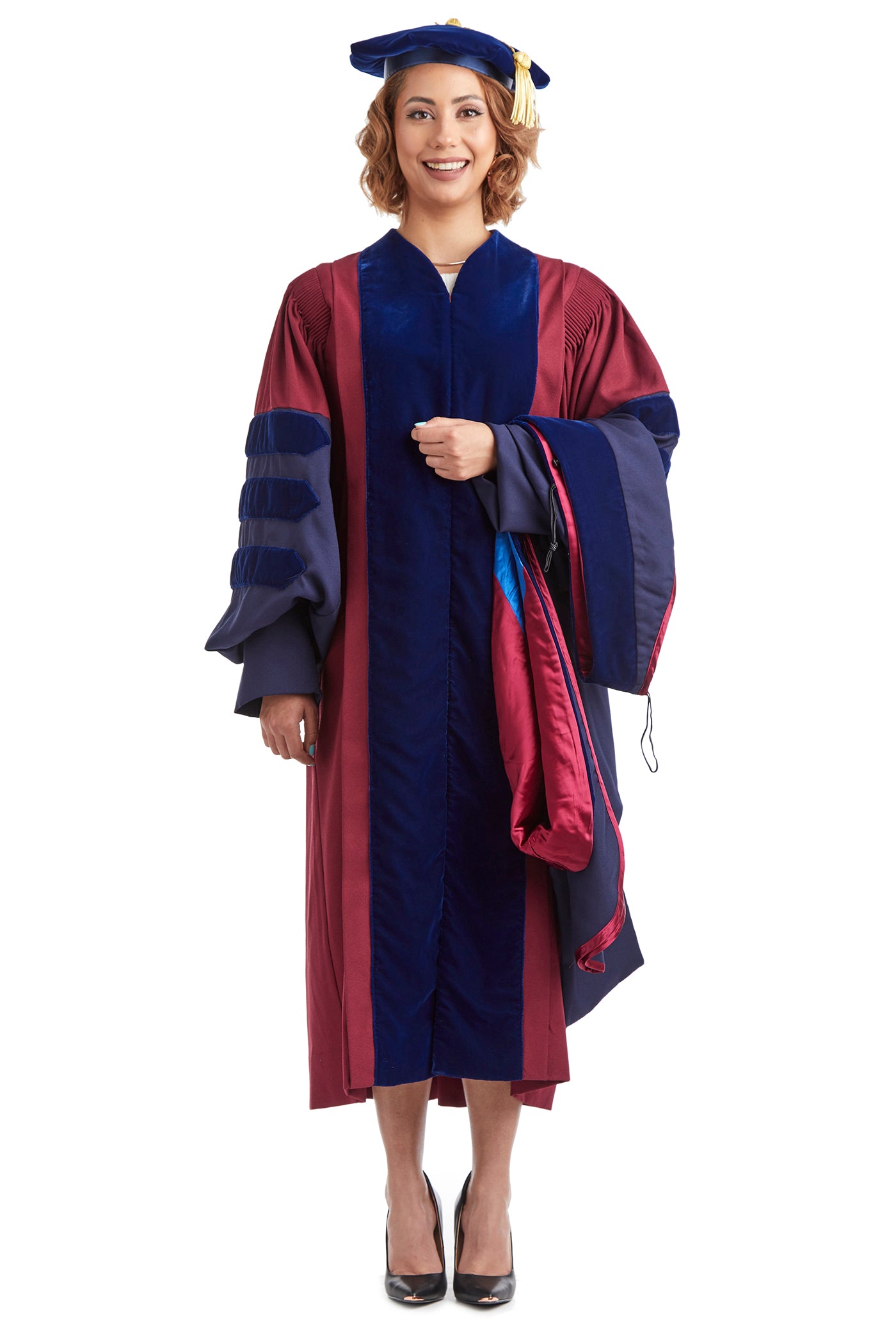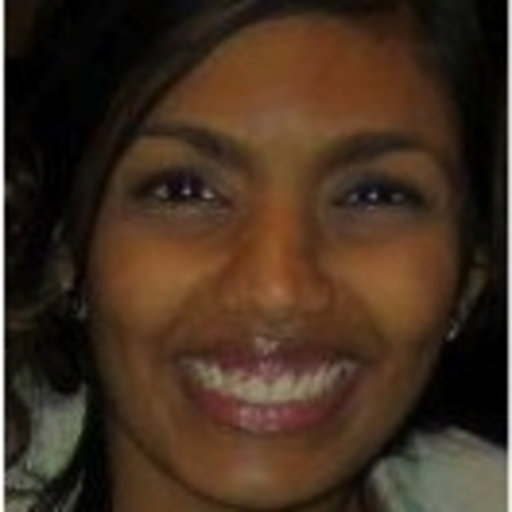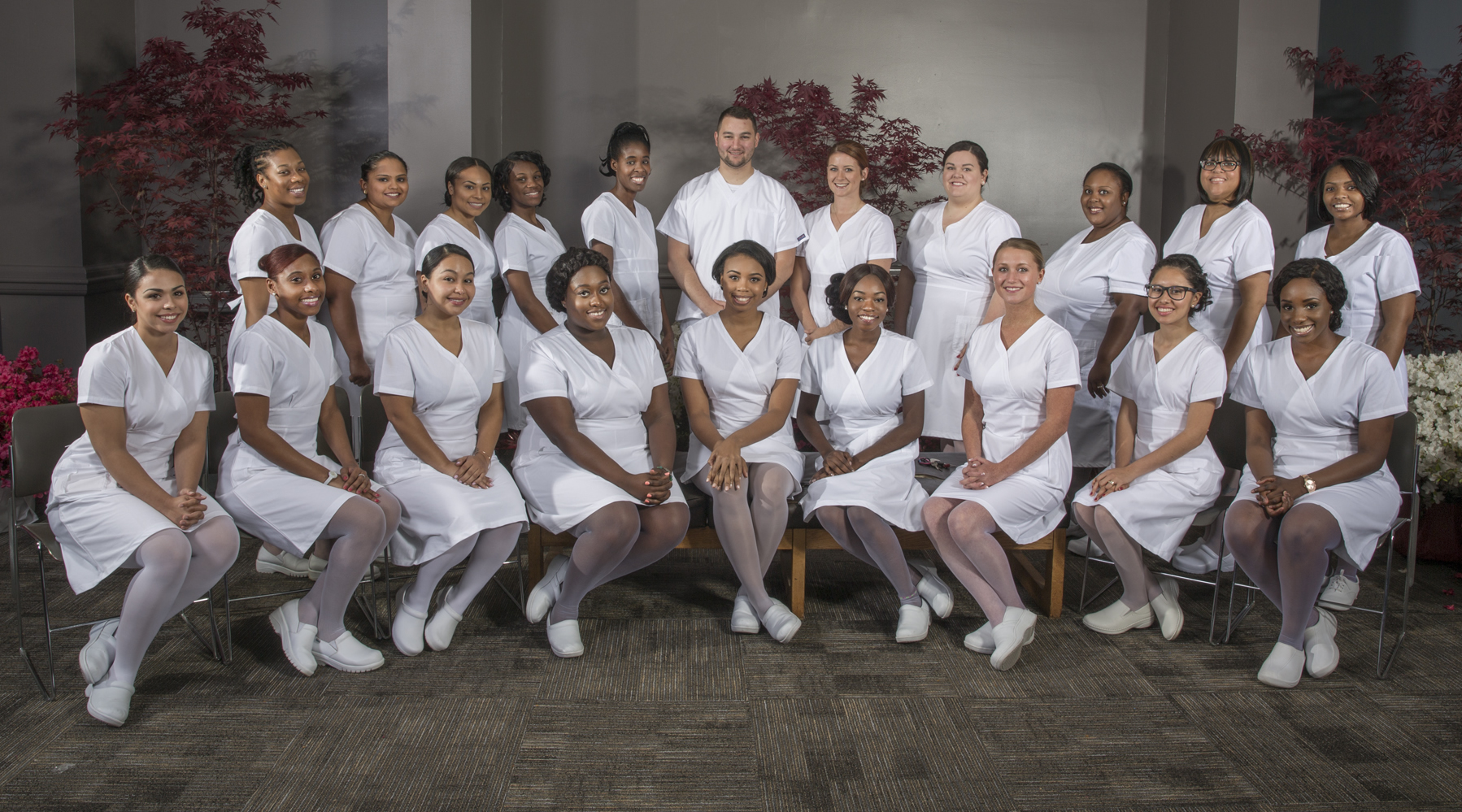The School of Nursing at James Madison University has a number of unique offerings for nursing students, including international study abroad opportunities in Costa Rica, Spain, Tanzania, and Malta. JMU offers a broad range of nursing programs, from traditional BSN and RN-to-BSN pathways to MSN and DNP degrees. Undergraduates have posted a 92% pass rate on the NCLEX-RN licensure exam over the past decade, including a stellar 97% pass rate in 2018. JMU's graduate nursing students can pursue concentrations in clinical nurse leader, nurse administrator, nurse midwifery, and three nurse practitioner roles (adult-gerontology primary care, family, psychiatric-mental health).
Northeastern's School of Nursing, part of the Bouvé College of Health Sciences, provides students broad interaction across Bouvé's entire faculty. The school maintains a strong focus on research and an interdisciplinary approach to healthcare. Indeed, Northeastern was designated an NLN Center of Excellence in 2013 for enhancing student learning and professional development. The school's BSN program posted a 92% pass rate over the past decade, while its direct entry MSN program scored a phenomenal 95% pass rate over that time period. Northeastern also offers an online RN-to-BSN program, an MSN curriculum with six nurse practitioner specialties, two doctoral nursing degrees , and nurse anesthesia programs at both the master's and doctoral levels.
Over the past decade, the UCSF School of Nursing has received more research funding from the National Institutes of Health than any other nursing school. The university's master of science in nursing program offers more than a dozen tracks, including several clinical nurse specialist and nurse practitioner roles. In addition, UCSF conducts a master's entry program in nursing which prepares non-nurses for initial licensure.
MEPN graduates have achieved an outstanding 94% first-time pass rate on the National Council Licensure Examination over the past decade. The university also offers an online master of science in healthcare administration and interprofessional leadership (MS-HAIL), a doctor of nursing practice degree, and PhD tracks in both nursing and sociology. Situated on a beautiful eight-acre campus on the west side of Chicago in the Illinois Medical District, Rush University is a private institution dedicated solely to the health sciences of Medicine, Nursing, Allied Health, and Biomedical Research.
First founded in 1972, the university has quickly expanded to encompass four distinct colleges with more than 2,100 students. It is an academic arm of the Rush University Medical Center, which has ranked 5th among all academic medical centers by the University Health System Consortium and ranked within the top 50 hospitals in the nation by the U.S. Rush University is fully accredited by the Higher Learning Commission of the North Central Association of Colleges and Schools. Established in 1972 with the initiation of the university itself, the College of Nursing has a long legacy of awarding more than 6,000 graduate master's and doctoral degrees. It currently enrolls 965 total nursing students on all academic levels from 37 states nationwide. In 2009, the Rush College of Nursing was granted the maximum re-accreditation term of 10 years from the Commission on Collegiate Nursing Education .
Upenn Nursing Grad School Acceptance Rate The main mission of the College is to protect overall public health by preparing exceptional future nursing leaders for roles in practice, research, and education. The UTMB School of Nursing is frequently ranked among the top twenty-five online graduate nursing programs in the country by U.S. In-person nursing students have access to the university's new Health Education Center, which features a 77-bed simulated hospital and five floors of cutting-edge simulation facilities.
The school's prelicensure BSN program graduates more than 300 students annually, with a phenomenal 98% first-time NCLEX pass rate over the past three years. Seven MSN tracks are available including clinical nurse leader, family nurse practitioner, neonatal nurse practitioner, and nurse educator. The university's online DNP program is designed for working nurses, with eight semesters of study and a manageable load of just two courses per semester.
The Frances Payne Bolton School of Nursing at Case Western Reserve University prides itself on innovation. The school was among the first in the country to offer several nursing programs, including acute care nurse practitioner, gerontological nursing, and doctor of nursing practice. It is also one of few private research universities to offer both a traditional four-year BSN degree and a direct-entry MSN pathway.
Case Western students benefit from their proximity to University Circle, a 550-acre scientific hub with numerous premier healthcare organizations. The school also has seven centers of excellence for nursing opportunities and experiences. The University of Kansas School of Nursing has twice been designated an NLN Center of Excellence for enhancing student learning and professional development. The university also ranks among the top 25 public nursing schools nationwide in terms of National Institutes of Health research funding.
Traditional BSN graduates have averaged a strong 91% first-time pass rate on the NCLEX licensure exam over the past decade. The William F. Connell School of Nursing is geared towards global diversity and social justice. The college's nursing students enjoy a liberal arts education and receive a range of cultural healthcare perspectives, with access to six international locations.
Approximately 100 BSN and 40 MSN students graduate from the school's prelicensure programs each year. BSN students have maintained a strong 93% NCLEX pass rate over the past decade, while direct entry MSN students scored a perfect 100% pass rate in eight of the past ten years. The school offers a wide range of graduate programs, including certified registered nurse anesthetist and pediatric or psychiatric nurse practitioner options. The Johns Hopkins School of Nursing is ranked among the top three MSN, DNP, and online nursing programs by U.S.
The school has also earned three consecutive NLN Center of Excellence designations for enhancing student learning and professional development. Johns Hopkins educates approximately 1,200 diverse nursing students, including 500 fulltime and 700 parttime students. The university recently transitioned from a prelicensure BSN program to a direct entry MSN program. The first three graduating classes of the direct entry MSN have scored a stellar 94% NCLEX pass rate.
Johns Hopkins offers two other MSN tracks, a DNP with seven advanced practice specializations, and a doctor of philosophy in nursing. George Mason's College of Health and Human Services houses the forty-year-old School of Nursing. The school has produced so many successful graduates that one in three nurses practicing in the DC metropolitan area is a GMU alumnus. Baccalaureate pathways include traditional BSN, accelerated second degree BSN, RN-to-BSN, and two co-enrollment programs. Over the past decade, prelicensure BSN students have averaged an 86% first-time pass rate on the NCLEX licensure examination. Vanderbilt University School of Nursing focuses solely on graduate nursing study.
The university offers traditional and direct-entry MSN programs, eleven distinct post-master's certificates for aspiring advanced practice registered nurses , and two doctoral options . The direct-entry MSN program graduates approximately 150 new nurses annually who have passed the NCLEX exam at a 93% first-try rate over the past decade. Vanderbilt's APRN specialties run the gamut from family nurse practitioner to nurse-midwifery to nursing informatics.
The MSN program also partners with Vanderbilt Divinity School to offer two innovative dual degrees. The Department of Nursing at Messiah University recently constructed a state-of-the-art advanced simulation lab. This complements the school's slate of newly renovated labs including a maternal-child lab, a psychiatric-mental health lab, two basic skills labs, and a physical assessment lab. Messiah also maintains contracts with a wide variety of excellent clinical agencies in the Central Pennsylvania area. In the university's flagship BSN program, students have achieved an outstanding 97% first-time NCLEX pass rate over the past five years, including a perfect 100% pass rate for the class of 2019. Graduate nursing students can pursue an MSN degree with a nurse educator or nursing administration focus, a post-master's certificate in either field, or a DNP degree with a family nurse practitioner or nursing leadership focus.
The Department of Nursing at UNH's College of Health and Human Services offers several nursing pathways including a traditional four-year BSN degree, a direct-entry MSN program, an MSN degree with three tracks, and an online DNP program. Students from the traditional BSN program have scored a 94% NCLEX exam pass rate over the past eight years, while their counterparts in the direct-entry MSN program have achieved a 96% pass rate over the same time period. The MSN curriculum offers specializations in clinical nurse leader, evidence-based nursing, and family nurse practitioner. The school also offers post-master's certificates in family nurse practitioner and psychiatric mental health. In 1935, Loyola University Chicago was the first Illinois university to offer a BSN degree.
Today, the Marcella Niehoff School of Nursing offers undergraduate , master's , and doctoral nursing programs. Loyola's BSN graduates have scored an impressive NCLEX pass rate of 91% over the past decade. Community outreach is a priority for the school, and it operates two nurse-managed centers that also serve as clinical sites for student practice.
Whether you decide to pursue an undergraduate or graduate degree in nursing at UM, you can be assured of a quality education in one of the best nursing schools. You will benefit from its affiliation with seven specific centers of study in a variety of fields, including nursing leadership, gerontology, adolescent nursing and child and family health. You will glean wisdom from a top-notch faculty, 23 of whom have become fellows in the American Academy of Nursing. The preparation provided by their nursing programs will also give you a good chance at passing the RN certification exam the first time you take it, as 93% of their BSN graduates and 97% of their MN graduates are able to do so. The School of Nursing at Pacific Lutheran University offers a top-tier MSN program with several entry points and specializations.
Entry points include the traditional post-BSN program, an RN-to-MSN pathway for nurses with a bachelor's degree in another field, and an entry-level program for non-nurses. Students can specialize as either an advanced generalist or a clinical nurse leader. The entry-level MSN program is select, admitting just candidates each year, and its students have maintained an exceptional 96% NCLEX exam pass rate over the past decade. The School of Nursing also offers two BSN pathways – traditional and LPN bridge – as well as a DNP program that prepares aspiring family nurse practitioners and psychiatric-mental health nurse practitioners. Approximately 80 BSN graduates annually have averaged a 93% NCLEX pass rate over the past decade. The Rutgers School of Nursing is New Jersey's largest institution of nursing education, with more than 1,600 students across campus sites in Newark, New Brunswick, and Blackwood.
Undergraduates may select from three BSN pathways (traditional, accelerated second degree, RN-to-BSN) as well as a post-baccalaureate school nurse certificate. The school graduates more than 300 students annually from its prelicensure BSN programs, maintaining a solid 88% first-time NCLEX pass rate over the past five years. At the graduate level, Rutgers offers an MSN with informatics and leadership concentrations, seven post-master's certificates, eleven areas of DNP specialization, and a PhD program with post-baccalaureate and post-master's entry points. News & World Report as one of the leading medical schools in the nation for primary care education. UMMS's graduate school of nursing, accredited by the Commission on Collegiate Nursing Education, offers master's degrees, post-master's certificates, and doctoral degrees.
It stands out as the only publicly funded nursing school in the commonwealth with a sole focus on graduate education. It is no surprise, then, that their direct entry MSN program has boasted an exceptional NCLEX pass rate of 96% over the past decade. Arizona State offers traditional 4-year degrees, graduate degrees, doctoral degrees and a post doctoral programs and is offering hybrid and concurrent online educational programs in the 4-year and graduate nursing degree programs. The online offerings are both part of traditional programs and independent nursing programs. The online features include multi-media presentations, asynchronous discussion boards and live chats.
Depending on the program, students may need to travel to a classroom or a face-to-face meeting with faculty may be required. Through a variety of convenient delivery modes, the nursing programs are all based on a high-quality curriculum of contemporary, evidence-based learning. The following are the different nursing programs that the College of Nursing offers to students at all levels of their career.
Located at 255 Crittenden Blvd. in Rochester, New York, the University of Rochester School of Nursing is a private college, founded in 1925. Its first supervisor was Helen Wood, and her vision for a quality nursing education evolved through the decades since her tenure. The overall university ratio of students to faculty is ten to one, and many of the classes contain 25 or fewer students. The School of Nursing offers several programs of learning, from BS to Master's degrees and Post Graduate Certification. Students who apply to the School of Nursing are either registered Nurses seeking degrees, or they are people already holding at least a Bachelor's degree in an unrelated field. Rochester University School of Nursing is registered by The State Education Department and accredited by The Commission on Collegiate Nursing.
The Post-Master's program, which does not lead to a degree, but is for Master's –level nurses who want to become nurse practitioners, is certified by The National league for Nursing Accreditation Committee. The Nell Hodgson Woodruff School of Nursing is one of the top nursing schools in the country, and offers both bachelors and masters degrees in nursing. Program options include an accelerated degree program and a BSN for second-degree students. Students interested in Emory's nursing programs also have the option of pursuing a masters in nursing concurrently with study toward a masters degree in bioethics or in public health. The school also offers two doctoral level tracks – a nursing PhD and Doctor of Nursing Practice.
Although the University of Pennsylvania does not offer an online-only nursing school, Penn's traditional nursing school is among the nation's finest nursing programs. This is because the university offers flexible degree opportunities, so that a prospective nurse can also get a major or minor in classical literature, finance, or any of the other degrees offered at this Ivy League institution. The breadth of Pennsylvania's master's program is one-of-a-kind, because the school offers 18 degree opportunities in all, in everything from adult gerontology acute care, to pediatric primary care, to women's health care. UT Arlington's College of Nursing and Health Innovation is the largest producer of baccalaureate-educated nurses in the state. The school has approximately 17,000 online and on-campus students, and it holds two simultaneous NLN Center of Excellence designations. Undergraduates can pursue a traditional four-year BSN, a Veterans BSN for former military healthcare specialists, or an RN-to-BSN completion program for existing nurses.
UT Arlington graduates over 600 prelicensure BSN students annually, who have achieved a 91% first-time NCLEX pass rate over the past decade. At the graduate level, nurses can pursue a number of MSN specializations including administration, education, and seven distinct nurse practitioner roles. The WSU College of Nursing has educated more than 8,000 nursing professionals since 1968. The school offers programs at five campuses in Spokane, the Tri-Cities, Vancouver, Walla Walla, and Yakima.
Undergraduates may pursue a traditional BSN at three sites (Spokane, the Tri-Cities, Yakima) or a flexible RN-to-BSN program at all five. The college graduates approximately 250 prelicensure BSN students each year, with a solid 88% NCLEX pass rate over the past decade. In graduate study, WSU offers two MSN tracks , three DNP tracks (family nurse practitioner, psychiatric-mental health nurse practitioner, population health nurse), and a nursing PhD program. The University of Virginia School of Nursing was recently ranked among the top four percent of nursing schools in the nation by U.S.
The school offers an impressive breadth of program options including prelicensure BSN, RN-to-BSN, seven distinct MSN tracks, two DNP entry points, and a PhD in nursing science. UVA graduates a prelicensure BSN class of approximately 90 students each spring. These candidates have averaged an 89% first-time pass rate on the NCLEX licensure examination over the past decade. UVA's direct-entry clinical nurse leader students have performed even better on the licensure exam, with a 94% NCLEX pass rate over the past decade. The University of Rochester School of Nursing prides itself on innovation in nursing education, including the country's first acute care nurse practitioner program and its first center for nursing entrepreneurship.
The school's most recent initiative is its Council for Diversity, Equity, and Inclusion, which has helped Rochester to earn four consecutive Health Professions Higher Education Excellence in Diversity awards. Over the past decade, 92% of students in the accelerated BSN program have passed the NCLEX licensure exam on their first try. The school also provides an online RN-to-BSN, an MSN with nine specialty tracks, a DNP with post-baccalaureate and post-master's entry points, and a PhD in nursing and health science. Nursing students have access to the university's state-of-the-art Clinical and Educational Resource Center as well as a 52-bed neonatal intensive care unit.
The University of Colorado College of Nursing, located in Denver, Colorado, was founded in 1898. The historic school has been on the cutting edge of nursing practice since its inception, and continues to be one of the top nursing schools in the US. The University of Colorado offered the first nurse practitioner program in the United States as well as the first school nurse program in the US.



























No comments:
Post a Comment
Note: Only a member of this blog may post a comment.